Our Key Focus Areas
Who we are
We are dedicated to driving positive change in India's development sector. We seek to empower the marginalized, enhance their resilience, devise sustainable pathways for progress, and thus contribute to an inclusive development and empowerment in the country. Our passion for innovation and community participation drives us to deliver impactful solutions for addressing, inter alia, the following challenges :
With a deep understanding of India's socio-economic fabric, we bring together a diverse group of experts, comprising social scientists, NRM specialists, economists, statisticians, agriculturalists, water resources engineers, IT professionals and health & wellness functionaries. Our team is driven by a shared passion for facilitating resilience and socio-economic empowerment through cutting-edge research leading to informed policy development at all levels.
Learn MoreWe envision creating a future where rural communities thrive, prosper, and enjoy the bounties of life in their own homes and neighbourhoods...
Read more »Help strengthen India's rural development sector by promoting equity, inclusion, resilience, empowerment and cooperation...
Read more »Create impactful and sustainable solutions that address the complex challenges faced by rural communities in India and abroad.
Read more »Based out of Lucknow, we take up both State-specific and pan India assignments through multi-lingual field teams hired locally...
Read more »
At the heart of every human experience is the desire to live and prosper without fear, hunger, or suffering. Yet, over 1.4 billion people, accounting for nearly a fifth of the world’s population, live in abject poverty without even the most basic necessities.

In India, the number of such disadvantaged people, including females, is more than 300 million, which is more than all the poor in Africa and Latin America combined. Interestingly, India also ranks second in the world, with over three million affluent households having over $100,000 in investable funds.
This disparity in the distribution of economic resources is traditionally more pronounced between those at the two extremes of social hierarchy. Those at the bottom rung are seldom allowed to access the livelihoods practiced by their counterparts in mainstream society. Even the educated ones among these groups are often discriminated against, impeding their ability to compete with others on an equal footing. This inequity has resulted in the marginalization of a vast chunk of the underprivileged population in the country.
Though such disadvantaged groups are covered under the various social justice programs of the government, it is quite ironic that poverty and marginalization have both persisted doggedly in the country. This even results in lower human development indices, including health and education, than those of their counterparts, who enjoy higher social status. One of the many reasons for this phenomenon is the lack of awareness and resources among such disadvantaged groups, which prevents them from claiming their rights and entitlements under the existing demand-based structure of socio-economic development programs of the government.
Research studies in this regard have pointed out that the inclusion of marginalized groups among key stakeholders at the planning stage itself holds the key to making such programs more effective. Besides, an unbiased feedback mechanism, involving monitoring and evaluation studies, social audits, etc., that can adequately inform policymakers of gaping holes in existing developmental programs is required to be undertaken regularly for course correction. Further, it has emerged that civil society organizations, including NGOs, would need to shoulder even greater responsibilities in making India’s development initiatives equitable among all its population segments.
It is thus with this viewpoint that Farmac Consulting Pvt. Ltd. has been conceptualized as a top-end research and consultancy organization in India. Farmac seeks to promote innovative and iterative approaches to solving complex issues of social and developmental inequities plaguing the world around us through a unique 360-degree strategy involving all the major stakeholders in the development landscape.
Our unwavering focus on social inclusion is at the heart of our mission. We are committed to breaking down barriers, promoting diversity, and creating equitable opportunities for all. Through targeted initiatives, collaboration with marginalized communities, and tailored solutions, we ensure that every individual's voice is heard and respected. By fostering social inclusion, we not only drive positive change but also enrich the fabric of our society with understanding, empathy, and unity.
We strive to create inclusive spaces where marginalized and excluded groups can actively participate and benefit from development initiatives. We focus on reaching out to socially excluded communities, including indigenous peoples, persons with disabilities, and ethnic minorities. Our projects incorporate strategies to address their specific needs, promote their rights, and ensure their meaningful integration into the development process.
We prioritize community empowerment through social inclusion in all our initiatives. We facilitate community mobilization, foster participatory decision-making processes, and promote the active involvement of women, youth, and marginalized groups in development activities. We support the formation and strengthening of self-help groups, cooperatives, and local institutions that empower communities to take charge of their own development.
We have undertaken projects focused on women's empowerment, promoting gender equality, and creating opportunities for marginalized groups. These projects involve capacity building, awareness campaigns, livelihood support, and the formation of self-help groups and community-based organizations.
Our approach to socio-economic empowerment is multifaceted, aimed at equipping individuals and communities with the tools, skills, and resources needed to uplift their livelihoods and overall well-being. Our initiatives include:
1. Skills Training and Capacity Building: We provide vocational training and skill development programs that enhance employability and income-generating capabilities, ranging from agricultural techniques to modern trades.
2. Entrepreneurship Development: We nurture entrepreneurship through mentorship, business training, and access to microfinance, enabling individuals to establish and grow their own businesses.
3. Livelihood Diversification: We encourage income diversification of families by developing alternative avanues for their livelihoods. This reduces the dependene of households on a single livelihood and helps improve their resilience against economic shocks.
4. Women's Empowerment: We support programs that promote gender equality, offering women opportunities for education, leadership, and income generation, empowering them to play active roles in their communities.
5. Access to Markets: We facilitate access to local and regional markets, enabling producers to sell their goods and services at fair prices and connect with wider customer bases.
6. Community-Based Organizations: We support the formation and strengthening of self-help groups, cooperatives, and other community-based organizations that pool resources and amplify collective impact.
7. Agricultural Innovation: We promote modern agricultural practices, technology, and crop diversification to boost agricultural productivity and income.
8. Microenterprise Support: We offer guidance and resources for microenterprises to grow and succeed, contributing to local economic development.
9. Community Development Projects: We provide technical assistance to implementers for implementing major infrastructure development projects, in the areas of water supply & sanitation, soil & water conservation, irrigation & water resources, renewable energy, watershed development, inland waterways, urban development, disaster management, etc.
10. Access to Information: We provide valuable information on markets, agricultural practices, government schemes, and more, enabling informed decision-making.
11. Advocacy and Policy Support: We advocate for policies that promote socio-economic empowerment, working with governments and stakeholders to create an enabling environment.
12. Monitoring and Evaluation: We continuously assess the impact of public welfare programs, ensuring they align with community needs and contribute to sustained socio-economic growth.
Through these initiatives, we foster a sense of ownership, self-reliance, and resilience among individuals and communities, driving sustainable socio-economic empowerment and improved quality of life.
We seek to enhance resilience by formulating strategies that empower communities to withstand, adapt, and recover from challenges. Our approach encompasses:
1. Community Capacity Building: We facilitate training programs that equip communities with skills in disaster preparedness, risk reduction, and sustainable resource management.
2. Climate-Resilient Agriculture: By promoting climate-smart agricultural practices, we help communities adapt to changing weather patterns and ensure food security.
3. Livelihood Diversification: We encourage economic diversification, offering training in alternative income sources to reduce vulnerability to shocks.
4. Infrastructure Development: We encourage development of resilient infrastructure, such as flood-resistant housing and disaster-resistant shelters, to minimize damage during emergencies.
5. Ecosystem Conservation: We advocate for ecosystem protection to buffer against environmental hazards, such as reforestation to prevent landslides.
6. Social Safety Nets: We promote strengthening of social safety nets, to ensure that vulnerable populations have access to support during times of crisis.
7. Healthcare Access: We formulate holistic plans for strengthening access to quality health care services, ensuring communities can cope with health-related challenges and disease outbreaks.
8. Education and Awareness: We raise awareness about disaster risks, climate change, and adaptation strategies to foster a culture of resilience.
9. Participatory Planning: We engage communities in participatory planning, ensuring their perspectives are considered in resilience-building efforts.
10. Emergency Response Plans: We develop and implement emergency response plans, enabling communities to react swiftly and effectively during disasters.
11. Risk Financing: We explore risk financing mechanisms, such as insurance and microfinance, to provide financial protection against shocks.
12. Inclusive Approaches: We prioritize the needs of marginalized groups, ensuring that resilience strategies are inclusive and equitable.
13. Research and Data: We conduct research to understand local vulnerabilities, which informs targeted interventions for greater impact.
14. Partnerships: We collaborate with governments, NGOs, academia, and local stakeholders to pool resources, knowledge, and expertise.
We seek to promote social, economic, and environmental well-being in rural areas while ensuring that resources are used in a way that meets the needs of the present generation without compromising the ability of future generations to meet their own needs. For this, we help the implementing agencies to develop long-term solutions that balance economic growth, social equity, and environmental protection across inter alia the following broad domains:
1. Economic Viability: Strong and diversified local economies that provide opportunities for decent work and income generation. This is achieved by supporting local businesses, promoting entrepreneurship, and investing in infrastructure and services that attract investments and enhance economic activities.
2. Social Equity and Inclusivity: We ensure that all members of the community, including marginalized groups and vulnerable populations, have access to basic services, education, healthcare, and opportunities for participation in decision-making processes.
3. Environmental Conservation: Our technical experts formulate strategies and promote practices for protecting the ecosystems and natural resources from over-exploitation and pollution, help preserve biodiversity, reduce environmental degradation, and utilize renewable resources responsibly.
4. Community Empowerment: We engage with and empower the local communities for their greater involvement in planning, decision-making, and implementation processes. This ensures that development initiatives align with their needs and aspirations, leading to more effective and sustainable outcomes.
5. Renewable Energy and Resource Efficiency: We encourage the use of renewable energy sources and adopting resource-efficient practices can help reduce the environmental impact of rural development activities. This includes promoting sustainable agricultural practices, waste management, and energy conservation.
6. Infrastructure and Services: We focus on strengthening the access of marginalised communities to quality infrastructure and essential services such as education, healthcare, clean water, and sanitation.
7. Sustainable Agriculture and Food Systems: We seek to promote sustainable agricultural practices, such as organic farming, agroforestry, and crop diversification, that can help improve food security and reduce the environmental impact of farming activities.
Our Activities
Monitoring & Evaluation; Process Monitoring; Impact Assessment; Formative Research; Market Research; etc.
Census, Sample Surveys, Opinion Survey, Participatory Rural Appraisal (PRA), Market Survey, etc.
Capacity Building of Govt. & Non-Govt. Stakeholders of Public Welfare Schemes & Programs
Design, Development & Evaluation of Communication Strategy & Materials for Popularising Govt. Schemes; Community Mobilisation; etc.
Short-Term Diploma Courses in Bidding Management for youth, NGO operatives and budding entrepreneurs; Proposal Writing Services for other organisations
Key Sectors
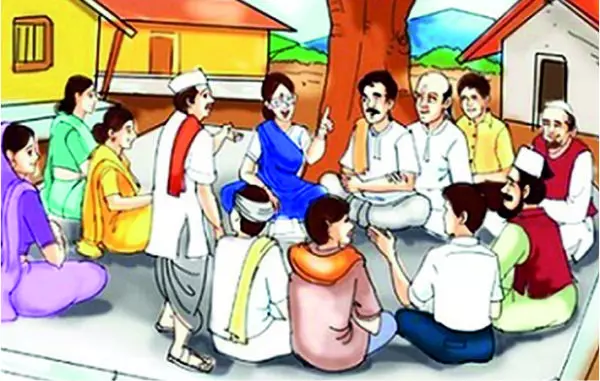 Rural Development / Panchayati Raj
Rural Development / Panchayati Raj
 Urban Development Planning
Urban Development Planning
 Drinking Water Supply & Sanitation
Drinking Water Supply & Sanitation
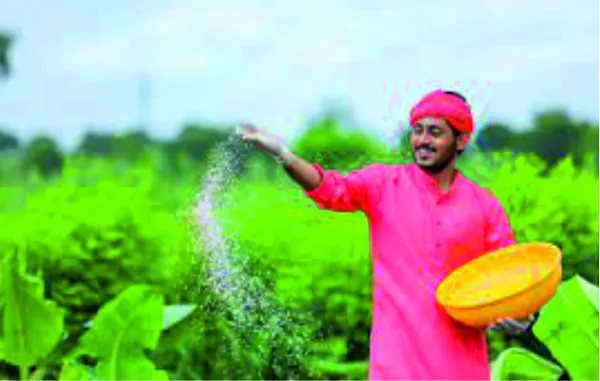 Agriculture & Allied Sectors
Agriculture & Allied Sectors
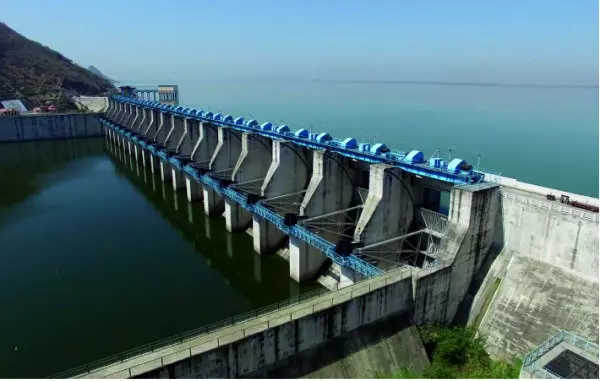 Water Resources Development
Water Resources Development
 Forestry & Natural Resources Mgt.
Forestry & Natural Resources Mgt.
 Sericulture
Sericulture
 Renewable Energy
Renewable Energy
 Tourism & Transport
Tourism & Transport
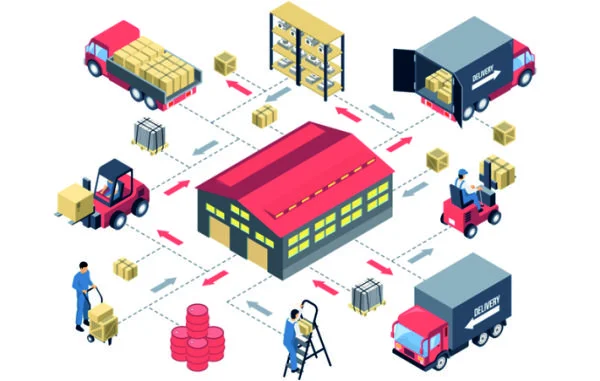 Supply Chain & Logistics
Supply Chain & Logistics
 Infrastructure
Infrastructure
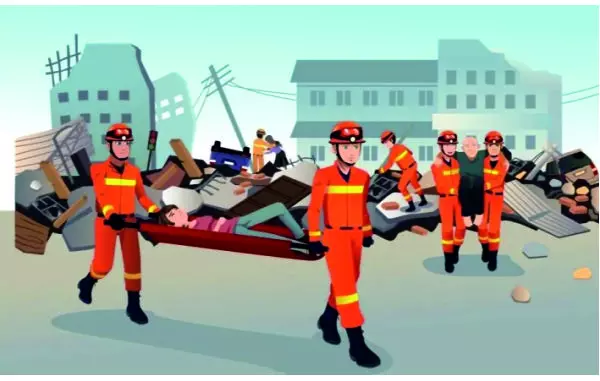 Disaster Management
Disaster Management
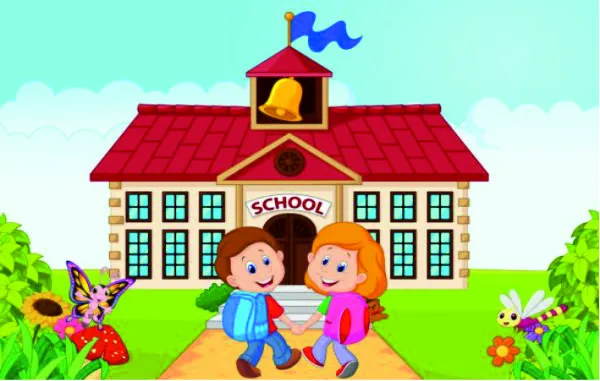 Education
Education
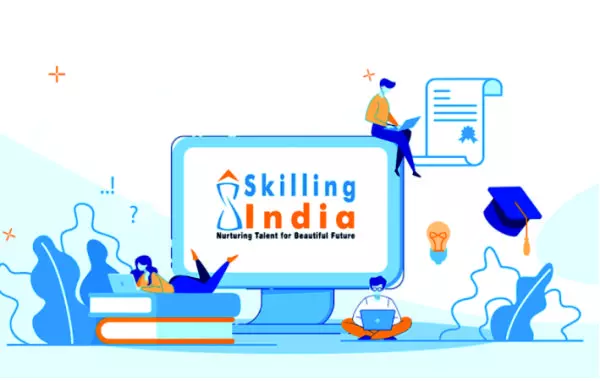 Skilling & Livelihoods
Skilling & Livelihoods
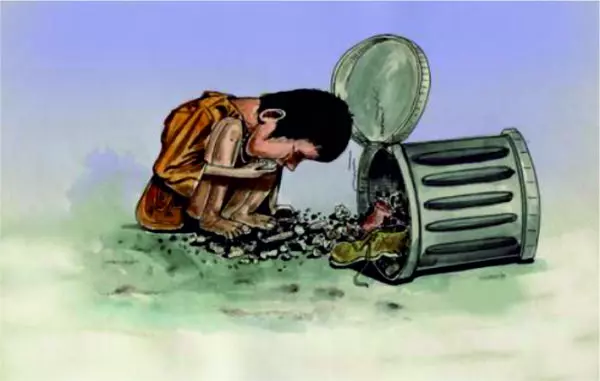 Poverty Alleviation
Poverty Alleviation
 Banking & Microfinance
Banking & Microfinance
 Handicrafts & Textiles
Handicrafts & Textiles
 Manufacturing / MSME
Manufacturing / MSME
 IT Enabled Services
IT Enabled Services
 Public Health & Nutrition
Public Health & Nutrition
 Women & Child Development
Women & Child Development
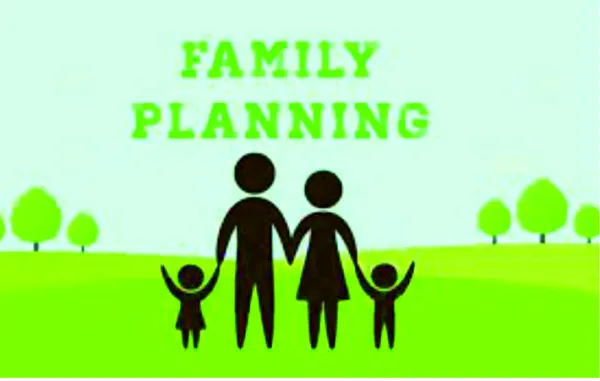 Family Planning
Family Planning
 Social Justice & Protection
Social Justice & Protection
 Gender Equity
Gender Equity
Our Experts


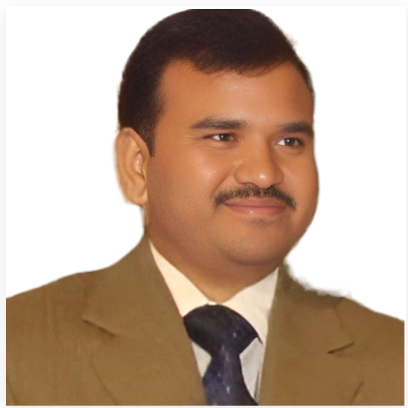





Contact Us
B-46, Rajajipuram, Near Lucknow Public College, Lucknow, UP 226017 (India)
info@farmac.in
+91-9919039598